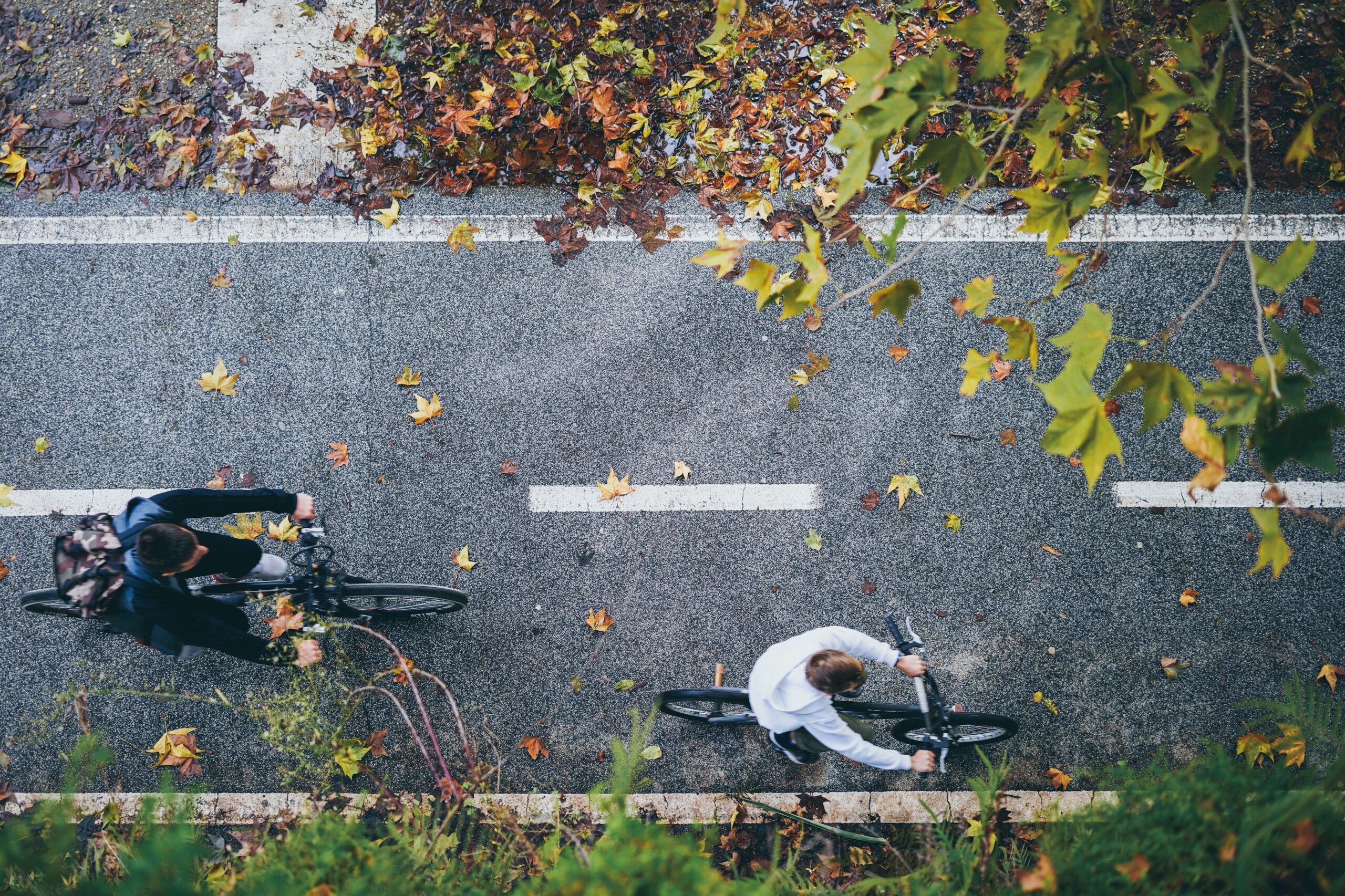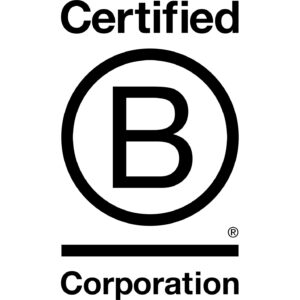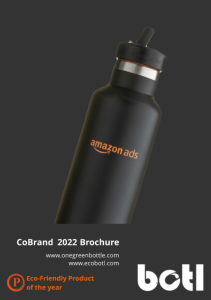By Guest Blogger Ashley Harris
Sustainability is without a doubt one of the current ‘buzzwords’ being thrown about by everyone and with good reason. Our planet is changing and we are actually starting to see the effects of global warming first-hand; temperatures are rising, sea levels are rising, and animals and habitats are disappearing at alarming rates.
Sustainability efforts can sometimes feel helpless. But don’t despair; there are things that can be done, and we can bring sustainability into our lives. Schools can recycle en-masse and children can be educated for the future, businesses can package their goods in a more sustainable way, and hopefully, we can get on top of the carbon emissions that are plaguing our atmosphere.
What Actually Is Sustainability?
In its simplest form, sustainability is ensuring the longevity of resources and the planet itself.
This means using things like fuels that don’t have finite availability or materials that we can reproduce with the absolute minimum impact on the planet around us. It’s about extending the life of existing products and ensuring the things we use in our day-to-day lives can be produced for a long time to come, without damaging our earth.
Sustainability in Your Home
Each person in the UK throws away 7 times their body weight each year- that’s a staggering amount of waste. Bringing sustainability into our homes is more important now than ever before, so what’s the best way to go about it?
There are lots of things we can do to improve our impact on the planet, so let’s take a look at some of the best ways to improve your sustainability at home with minimal effort and immediate effect. If we all chip in, a lot can be done!
Shop Smart
Nowadays, it seems like all the things we buy are just not designed to last. Sometimes it can be better to spend a little more and ensure the quality of the item you are buying is a little higher.
It’s also a great thing to consider the miles that the product you are purchasing may have done in order to reach your locale. Buying locally produced goods drastically reduces the carbon footprint of an item, and you’ll be supporting the local economy.
Every product we purchase has some kind of impact on the environment, so try putting a little more thought into the items you buy, and if something breaks try having it fixed- you might save yourself some cash!
Drive Less, Cycle More
We are all guilty of spending a little too much time in our cars- and it goes without saying that driving will always be a huge part of our lives. But there are plenty of trips we can cut out all together; if it’s a quick and easy trip to the local shop, then cycling can save a lot of resources.
The average person produces around 12 tonnes of C02 per year, which may not sound like much but it’s the equivalent of driving 23,000 miles nonstop- that’s almost an entire lap around the globe!
Try and reduce your carbon footprint and maybe consider cycling to work on a sunny day, or walking to the park instead of driving- you’ll be getting more exercise and reducing your carbon footprint at the same time!
Make Your Big Purchases Count
Not all of us can run out and swap our fossil fuel-guzzling vehicle for a shiny new electric one, but that does not mean putting a bit more thought into your next car has to be expensive. Buying a more fuel efficient car can save you money, whilst reducing the amount of fuel you use to get around.
This also extends to items like refrigerators, freezers and TVs; buying things with a higher energy efficiency rating can save you money, and reduce your consumption of resources.
Plastic Free Lifestyle
This is a big one, and it’s actually getting easier and easier to achieve. Pretty much all of the things we buy have some kind of plastic in them, so avoiding products that aren’t sustainably packaged can be a great way to reduce the plastic coming into your home.
B Corps are companies that are certifiably sustainable and can have a massive impact on your daily purchases. Companies like ‘Who Gives a Crap?’ offer not only completely plastic-free packaging, but also sustainably sourced, produced, and delivered products like toilet paper and general toiletries for the home.
If you look hard enough you can remove a lot of plastic from your regular purchases!
Use Less Water
This one seems like a really easy one, but you’d be surprised how many people struggle with it.
Things as simple as cutting your showers a bit shorter, turning off the tap whilst you brush your teeth, or washing the dishes in less water can make a huge difference on a large scale.
Eat Less Meat
It’s not fair to demand that everyone on Earth become a vegetarian immediately- and the economic impact of this would be catastrophic. But what we can all do is reduce the amount of meat we consume.
Cutting down to one portion of meat per week could have a dramatic impact on the damage being done to the planet by large animal farms. And this could be improved further if the meat we do buy is reared, prepared and sold locally!
Your Vote Counts
It’s often said that change must come from the top and whilst there are many things we can all do to be more sustainable, legislation and government intervention will be the best way to see long-term change in the world.
Researching the people who will fight for our planet and voting them into government is our best hope, so get out there and vote for the candidates in your area with the best green credentials!
The Final Word
This is just a small insight into the things you can do in your home to lead a more sustainable life; so make some changes and build on the foundations of your newfound sustainability.
These tips are easy to implement and will initiate an immediate reduction on your impact- but more can still be done. Once you’ve mastered the basics you can try growing your own produce, composting your waste and switching to sustainable energy sources like wind and solar. But for now, every little bit will have an impact- so get started!
Infographics Design by DealsDaddy, a Voucher Code Website














